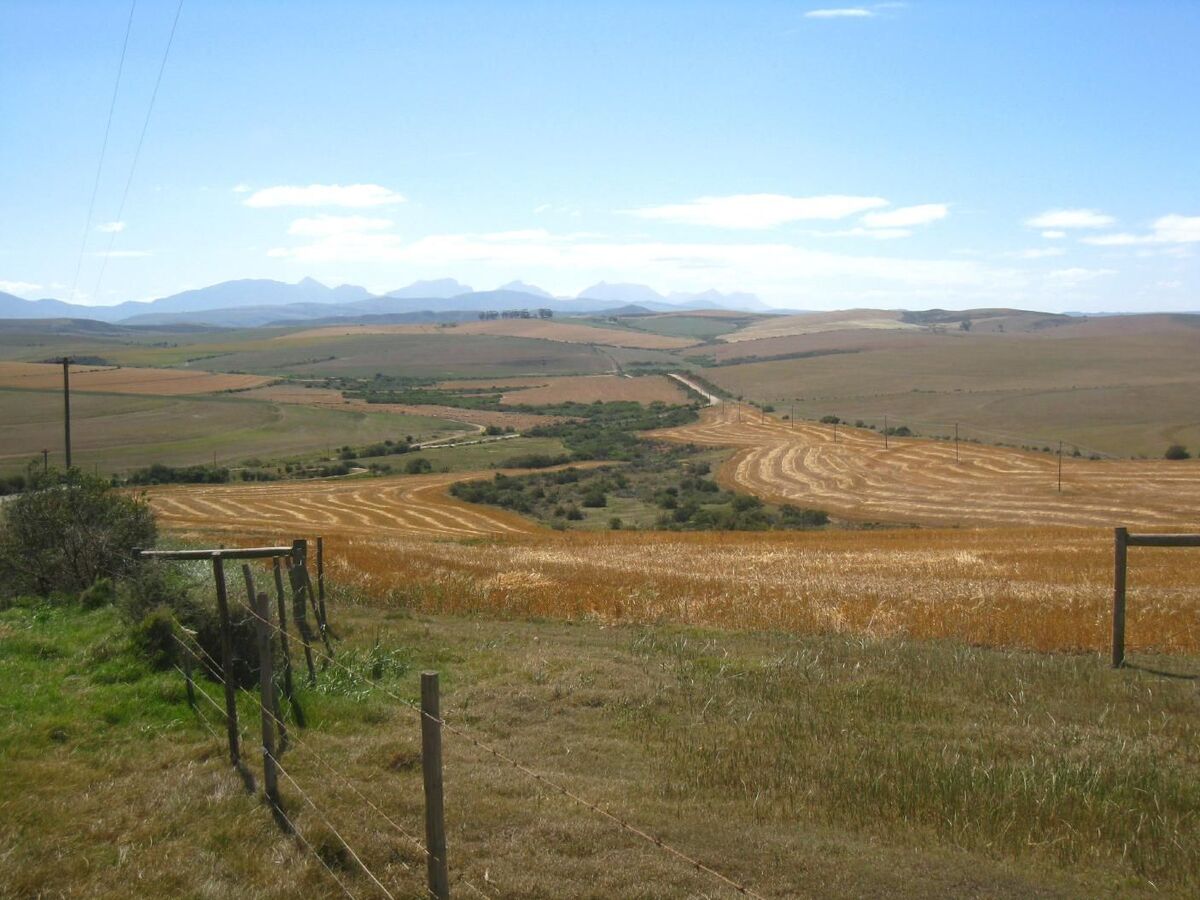Expansion of agricultural land reduces CO2 absorption
Plants absorb some of the carbon dioxide (CO2) released into the atmosphere by burning fossil fuels. But increasing deforestation and other changes in land use will reduce the CO2 absorption capacity of these areas in the future. This is what a study by climate researchers from Karlsruhe Institute of Technology (KIT) suggests. Their results are now published in Environmental Research Letters.
Climate change is heavily related to the increase of CO2 in the atmosphere. During photosynthesis, plants absorb some of the industrial CO2 emissions from the atmosphere, making them contribute significantly to climate protection. “The CO2 increase in the atmosphere is currently lower than to be expected from anthropogenic emissions,” says Professor Almut Arneth from the Institute of Meteorology and Climate Research – Atmospheric Environmental Research (IMK-IFU) at KIT Campus Alpin in Garmisch-Partenkirchen. 20 to 25 percent of the CO2 released by humans into the atmosphere is currently being absorbed by plants. “This effect curbs climate change; without it global warming would have progressed further by now,” the scientist says. “The question is whether it will stay this way in the next few decades.”
Full text: press release 074/2018
afr, 20.06.2018

